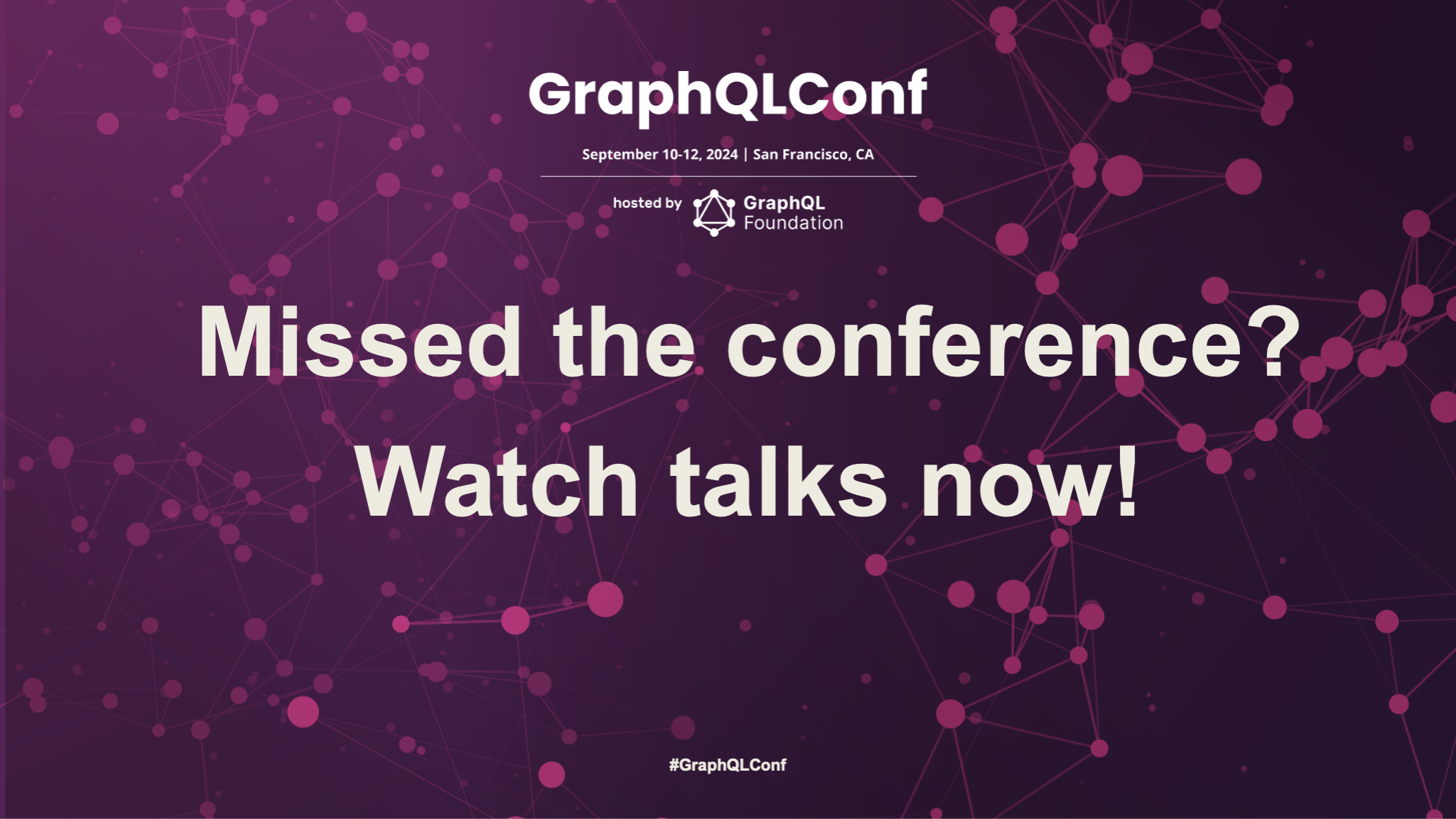Videos
Videos
Videos
Videos
Videos
Videos
Videos
Videos
Share the goods
Found a cool GraphQL resource? Tell us all about it!
Join the community
topics
ArticlesTools & Open SourceVideosCommunity & EventsEventsTutorialsPodcasts and ShowsAnnouncementsLibraries and ToolsLibrariesGraphQL CommunityTwitter ThreadsGraphQL Foundation Working Group UpdatesReleasesBooksGraphQL Foundation Library UpdatesOther GraphQL Foundation NewsSurveysArticles & Open SourceSurveySlidesUpdatesFrameworks and Libraries
